Studios Don’t Want To Market Movie Musicals But Keep Making Them
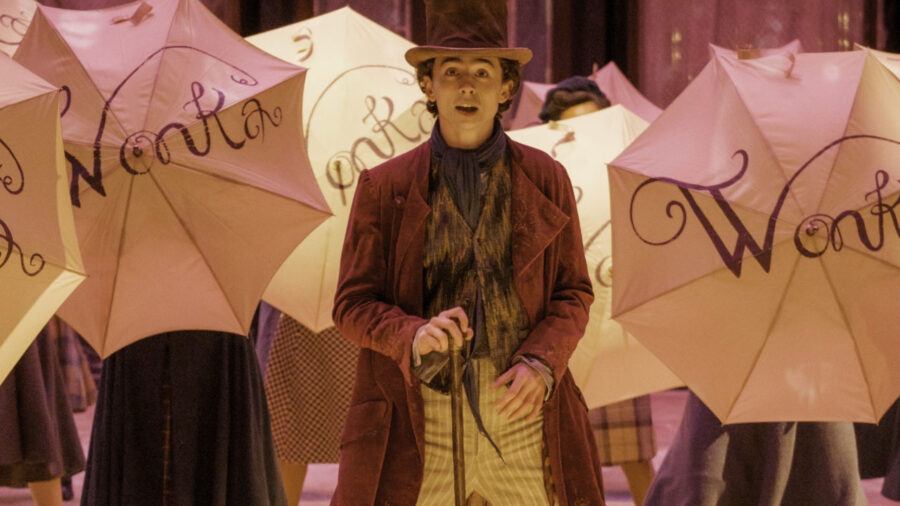
Recent films Wonka, The Color Purple, and Mean Girls might not look remotely similar, but they have one big thing in common: They’re all movie musicals that weren’t marketed as such. Even now, there are probably readers yelling at their phones, “I didn’t know the new Color Purple was a musical!” which seems to be what Hollywood wants. But why?
According to Paramount, the studio behind the Mean Girls remake, the movie wasn’t explicitly marketed as a musical in an effort not to “turn off audiences.” We don’t want to sound like we’re stereotyping here, but we’re pretty sure the target audience for Mean Girls is exactly who you should be marketing movie musicals to. In fact, the very idea of selling a musical by not telling anyone it’s a musical seems like a catch-22.

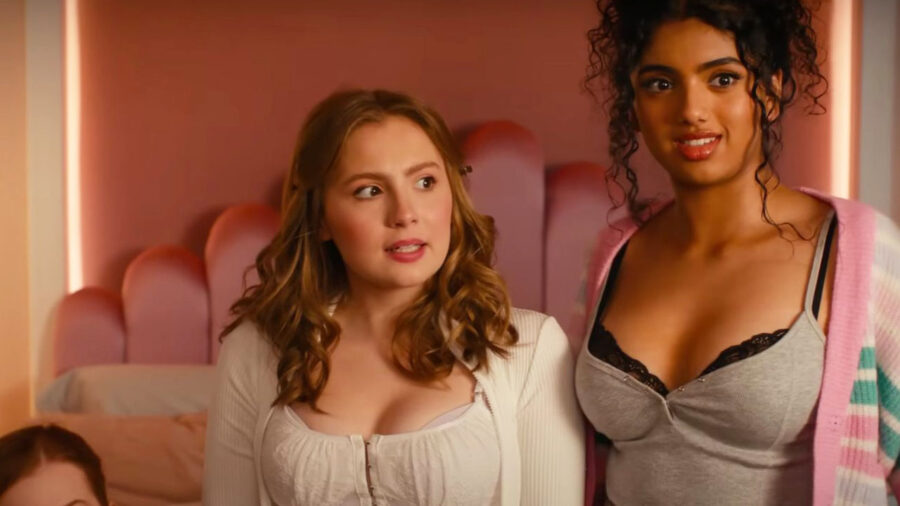

To appeal to audiences that don’t like movie musicals, the studio doesn’t advertise their movie as a musical. But by doing that, they risk alienating musical fans in the process. If the studios instead cater specifically to theater kids and the like, then movie-goers who don’t care for singing and dancing won’t buy a ticket. To quote Ned Flanders, “That’s a dilly of a pickle.”
Given that movie musicals are a niche genre, it’s understandable studios would choose to try and hook the much bigger non-musical-loving segment of the movie-going population. Unfortunately, by doing so, studios like Paramount run the risk of angering ticket-buyers who feel like they just had a fast one pulled on them. It might be harsh to call what the studios are doing with Mean Girls and The Color Purple a trick, but there are definitely those who would consider the marketing for all movies just that: a trick.
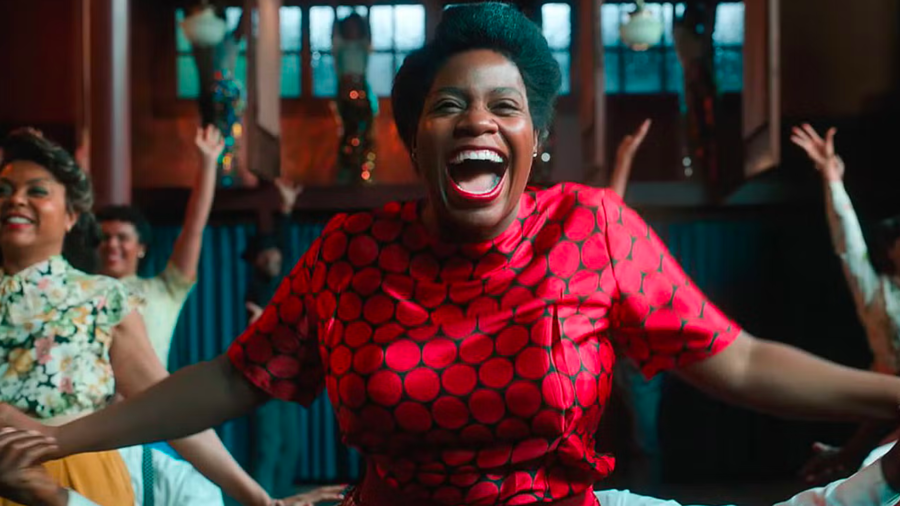
On the other hand, the makers of Mean Girls and The Color Purple already had an uphill climb ahead of them, convincing fans of the original films to give the remakes a shot. Perhaps screaming, “Not only is this a remake of the movie you grew up with, we added songs!” wouldn’t have been the most successful marketing strategy. The one thing movie musicals had going in their favor was a long history of successful remakes to fall back on.
Movies like Little Shop of Horrors (1986) and The Producers (2005) started out as stage adaptations of classic films that were then turned back into new movies that went on to be even more successful than the originals. Wonka, on the other hand, should have had an even easier time marketing itself as a movie musical. The movie functions as a prequel to Gene Wilder’s Willy Wonka and the Chocolate Factory (1971), itself famous for being a musical.
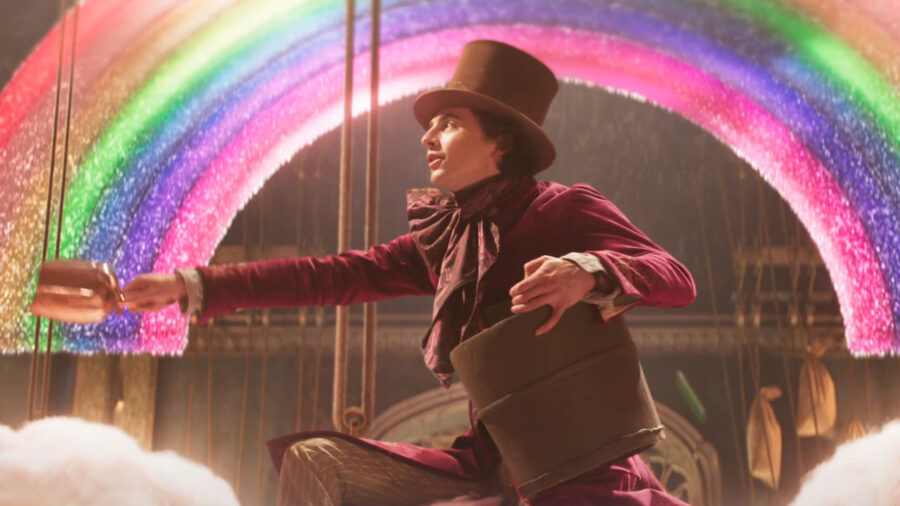
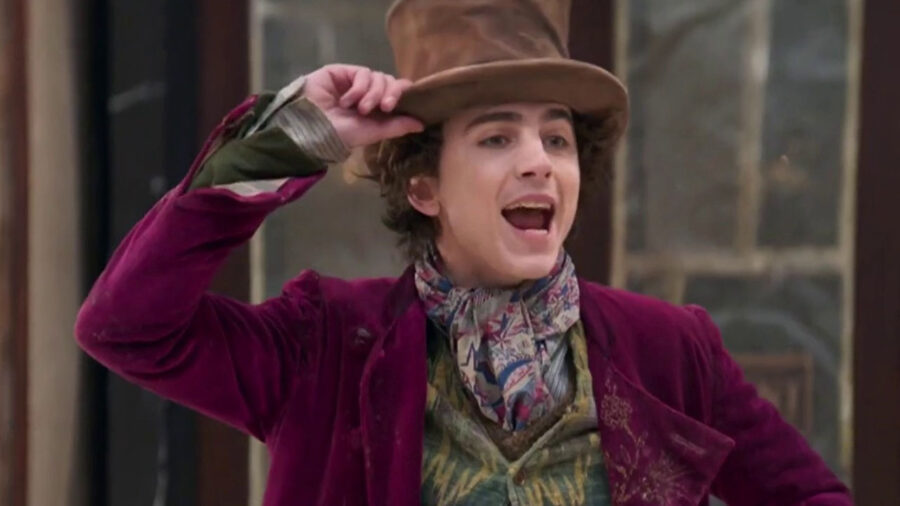
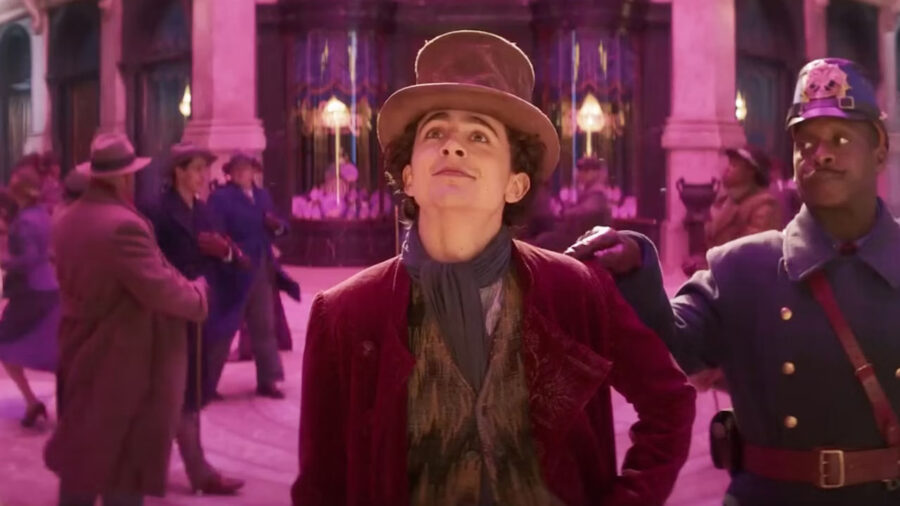
It seems like a paradox of sorts that studios would find movie musicals lucrative enough to keep making them but unpopular enough that they have to hide their true nature. For Wonka, at least, the strategy seems to have paid off. As of right now, the movie musical starring Timothy Chalemet has grossed over $500 million across the globe. Meanwhile, The Color Purple and Mean Girls both grossed more than they were projected to on their opening weekends.
Perhaps not calling them musicals is the trick to marketing movie musicals after all—no matter how deceptive the practice might seem.












